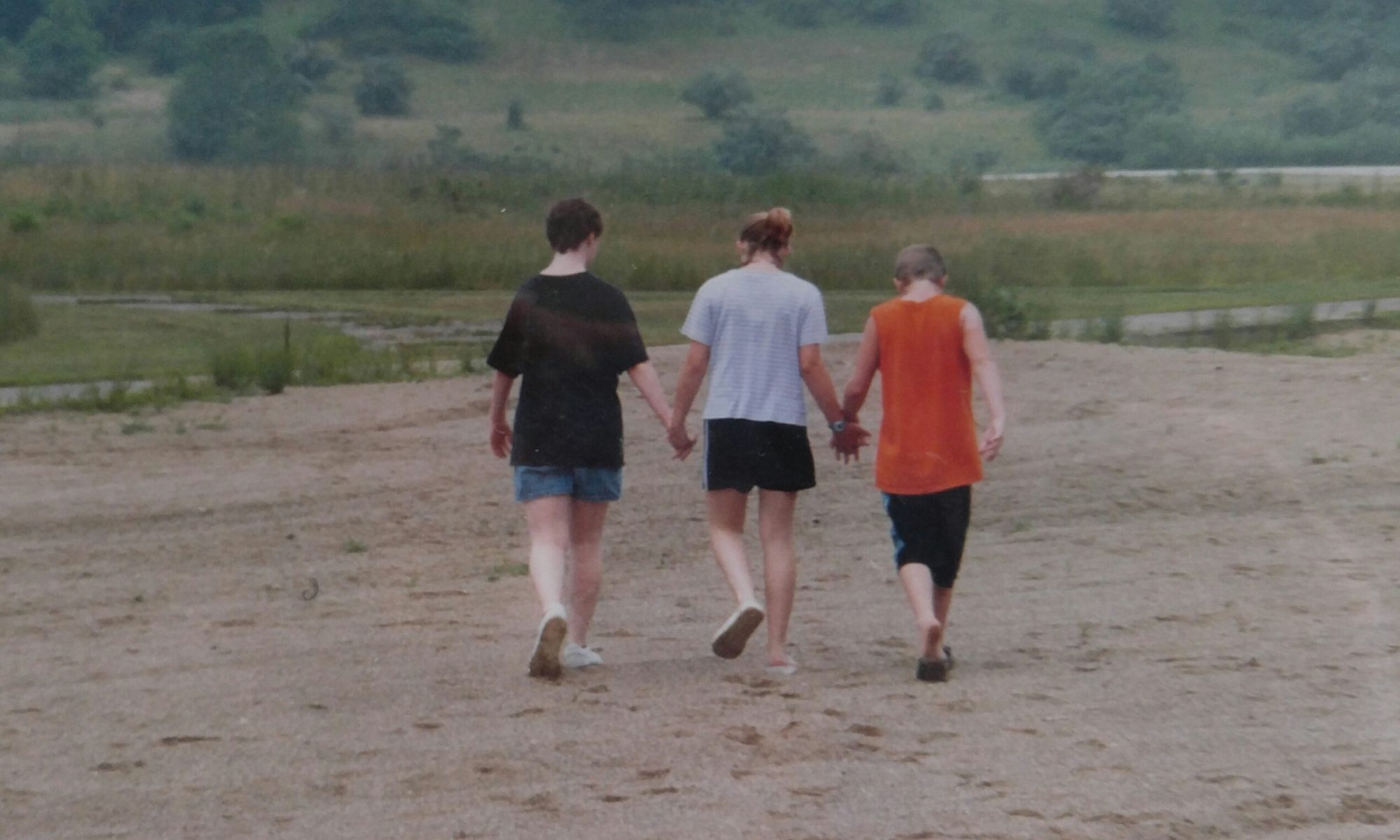Unless you have a family member with autism or another special need, you have no idea how hard it is to find a doctor or a dentist to help you. We were so blessed that we had an amazing family doctor since Casey was born. The kids loved him and he was so awesome with them. Their neurologist is a great guy, too.
But, our family doctor retired a few months ago. We have met our new doctor and Rob seems okay with him, but … it’s different and it’s scary. Casey hasn’t met him, yet. He didn’t really attempt much conversation with Rob. I know it’s hard, but beyond saying hi to him, he didn’t try to engage him at all. But, since Rob reads people so well and was cooperative with him, we’ll stick with him.
Dentists are another story. When Rob broke a tooth and was in pain and fighting infection with it, it took almost six months to get it fixed. I was so relieved when we finally find a dental clinic that would see him, take his insurance and didn’t have a year waiting list. He seemed to like everyone there, too.
So, last October, at his regular dental visit, a cavity was found and another place of concern. I didn’t think too much about it, as I knew the clinic was amazing with him. Until I called them and discovered they no longer did sedation in the office and there was at least a ten month waiting list for an appointment for an operating room. He gags easily, so he needs to be sedated for all dental work.
That day, I started making calls. I called his insurance company to help. They sent me a list of dentist in Ohio, but that was it. I called more than 50 places, trying to find help for him. I knew there was a dentist in our town that did sedation, but they don’t take Rob’s insurance and when I asked another clinic if I could self-pay, I was told that was insurance fraud. (I still don’t know why!)
I called the local dentist and the girl who answered the phone was just so sweet. She answered all of my questions and said they would be happy to see him and let me self-pay! They do sedation in the office, but he won’t be completely asleep, just very relaxed. We had to do several appointments to make a plan, but he has an appointment this Friday to get his tooth fixed and to have the other spots looked at closer.
I’ll be honest. I’m worried. I’m scared. I don’t know how he will do. Most of me thinks he will be fine. He lets blood be drawn with no issue, so I don’t think he’ll mind the IV. (The dentist even checked his arms last week to find the best place and Rob didn’t care at all about that.) But….
What if this sedation isn’t enough? What if he isn’t relaxed? What if they can’t fix his tooth? I truly do not know what we’ll do. I’ve already called so many places and no one was willing to help. Mandy keeps reminding me that both Rob and Casey have grown and changed so much over the last few years and I know that.
But, I’m still anxious. Rob knows he needs to get the tooth fixed, but he doesn’t know when, yet. He won’t be anxious about the dentist, but he will not be pleased that he might miss time with his buddy, Bob, that afternoon. So I’m saving both of us from a week of him worrying. I’ll tell him Friday morning and Bob is already planning to get him that afternoon, assuming he feels up to it. I’m sure he will – if only I was as sure about the tooth being fixed.
Autism adds so much anxiety to what should be a simple fix. I shouldn’t have to call 50 dentists to find someone to help him. And when I did find someone, I was told they weren’t even making appointments until 2026 because they were so booked up. Broken teeth can’t wait that long. Other specialists are just as hard and so many doctors don’t have any experience with autism. It’s sad, stressful part of autism that isn’t talked about much, except by families desperately trying to find help.
If you happen to know any high school student looking for a possible career, point them to dentistry for special needs. They will never lack for patients, that’s for sure!
Our new book, “I Wuved her First” is coming this summer, but if you would like to read more about our adventures in autism, check out my first book, Autism, Apples & Kool-Aid, available here.











 ) I reminded her that she needs to call him Dr. Wiznitzer, but he laughed and said she could call him anything she wanted.
) I reminded her that she needs to call him Dr. Wiznitzer, but he laughed and said she could call him anything she wanted.
